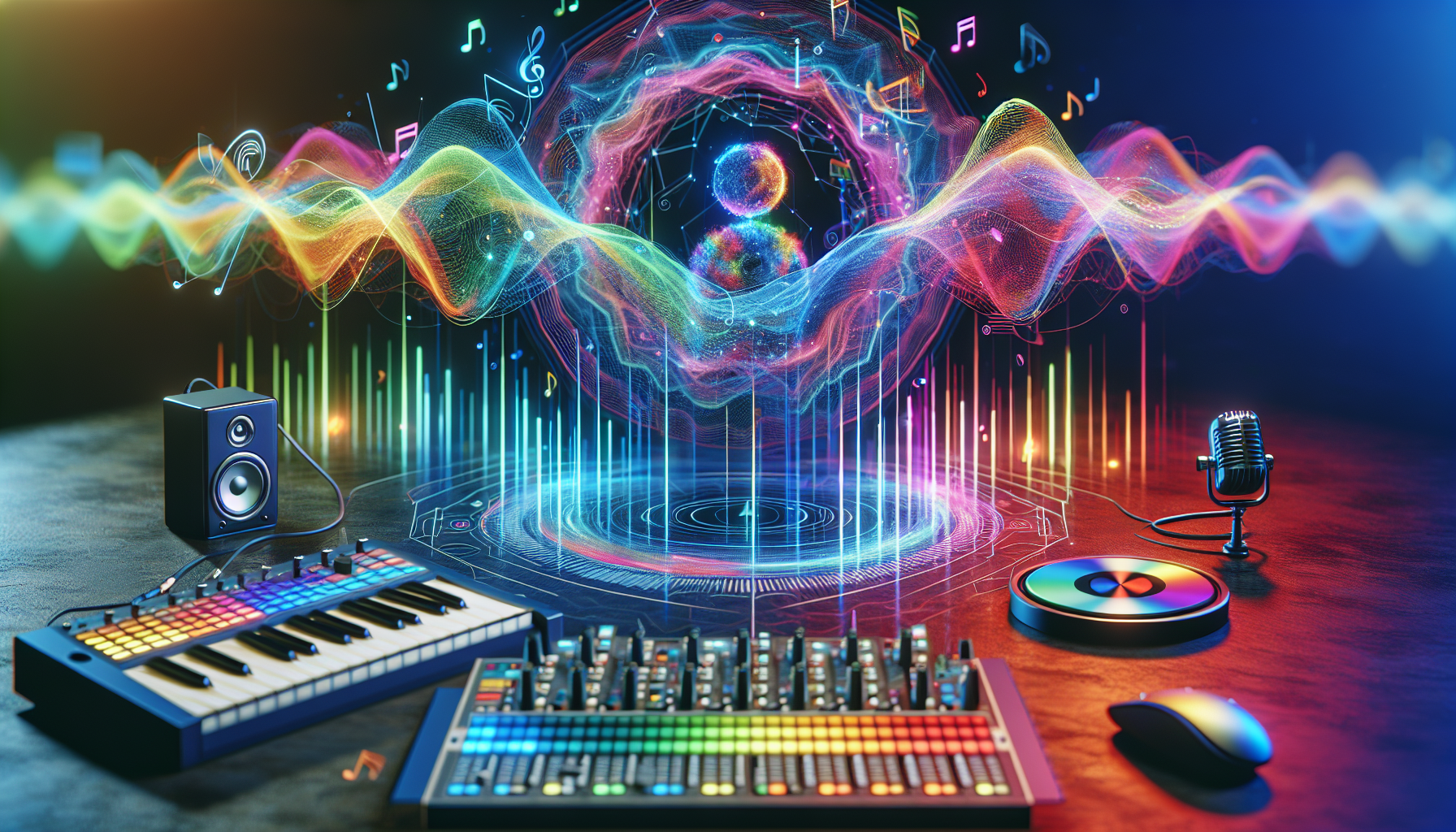In recent years, the landscape of music production has been revolutionized by a surge of breakthrough technologies that push the boundaries of creativity and accessibility. These innovations are redefining how musicians, producers, and engineers create and experience music, offering novel tools and environments that alter traditional processes. From artificial intelligence and machine learning to immersive virtual reality studios, the future of music production is both fascinating and transformative.
One of the most significant advancements in this field is the integration of artificial intelligence (AI) in music composition and production. AI-driven tools are capable of analyzing vast databases of music to generate new compositions, assist in songwriting, and even produce complete tracks with minimal human intervention. Platforms like OpenAI's MuseNet and Google's Magenta have demonstrated remarkable capabilities in creating complex musical pieces across various genres. These tools not only support artists by providing inspiration but also enable them to experiment with different styles and structures, pushing the limits of their creative potential.
Moreover, AI is being utilized to enhance audio quality and streamline the production process. Advanced algorithms can now isolate and enhance specific vocal tracks, correct pitch inaccuracies, and even master entire tracks to professional standards. This democratization of high-quality production tools allows independent artists to achieve studio-level sound without the need for expensive equipment or expert knowledge.
Beyond AI, virtual reality (VR) and augmented reality (AR) technologies are opening new dimensions in music production and consumption. Virtual reality studios are being developed to offer artists immersive environments where they can collaborate and create music in real time, irrespective of physical location. These VR studios replicate traditional recording spaces while providing unique interactive elements that can influence the creative process. For example, artists can manipulate virtual instruments and soundscapes in a 3D space, leading to unprecedented levels of engagement and innovation.
Additionally, augmented reality is enhancing live performances and music education. AR applications are enabling artists to create interactive live shows, where digital elements blend seamlessly with physical performances, offering audiences a captivating, multi-sensory experience. In education, AR tools are allowing students to visualize and interact with musical concepts in a more intuitive and engaging manner, thereby enhancing learning outcomes.
The evolution of music production technologies is further propelled by the rise of blockchain and decentralized platforms. These technologies are being used to ensure fair compensation for artists by accurately tracking and distributing royalties in real-time. Platforms such as Audius and MODA DAO are leveraging blockchain to give artists more control over their work and to foster closer connections with their audience. This shift not only benefits creators financially but also encourages a more transparent and equitable music industry.
As these technologies continue to develop, they promise to break down barriers and foster inclusivity within the music production landscape. Artists from diverse backgrounds, with varying resources and experiences, are gaining access to tools that were once limited to major studios. This democratization of music production is accelerating innovation and is likely to result in a more diverse and vibrant musical ecosystem.
In conclusion, the convergence of artificial intelligence, virtual reality, and blockchain is profoundly reshaping the music production industry. These technologies are not merely enhancing existing processes but are also creating entirely new ways of thinking about and making music. As we look to the future, the potential for further innovation in music production is boundless, setting the stage for a dynamic and exciting new era in music.
